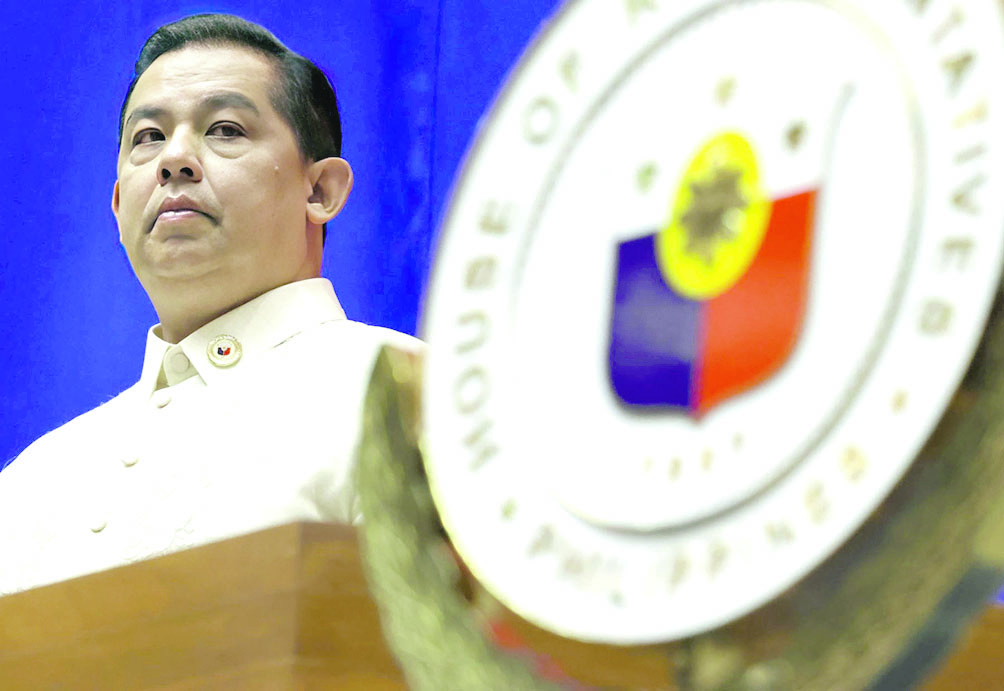House Speaker Defends Congressional Authority in Duterte Impeachment Clash with Supreme Court
A constitutional showdown unfolds as House Speaker Martin Romualdez challenges the Supreme Court's ruling on VP Sara Duterte's impeachment case. The conflict centers on Congress's exclusive authority over impeachment proceedings, with both legislative chambers united in defending their constitutional mandate.

House Speaker Martin Romualdez addresses Congress on constitutional authority in impeachment proceedings
Constitutional Crisis Looms as Legislative and Judicial Branches Disagree
House Speaker Martin Romualdez has firmly defended Congress's exclusive constitutional mandate over impeachment proceedings, responding to the Supreme Court's recent ruling that declared the impeachment initiative against Vice President Sara Duterte unconstitutional.
'Let me say this with the utmost respect: The Supreme Court has spoken, and we recognize its decision. But let it never be said that the House of the People bowed in silence,' declared Romualdez in a measured yet resolute address.
Legislative Authority at Stake
The Speaker, who leads the influential Lakas-Christian Muslim Democrats (Lakas-CMD), emphasized that the power to initiate impeachment proceedings stems directly from the people's will and is exclusively vested in Congress by the Constitution.
'We draw a line: the power to initiate impeachment is the exclusive domain of this Chamber,' Romualdez asserted, maintaining that this authority is neither granted nor guided by external institutions.
Senate's Constitutional Role Challenged
In a show of institutional solidarity, three prominent senators - Risa Hontiveros, Paolo Benigno Aquino, and Francis Pangilinan - issued a joint statement challenging the Supreme Court's intervention. They argued that the ruling unfairly applies a new interpretation of impeachment initiation retroactively.
Legal Principles at Issue
- The Fairness Principle
- The Doctrine of Operative Facts
- Constitutional balance of powers
The senators emphasized that those who acted in good faith based on existing jurisprudence should not be penalized by retroactive application of new interpretations, citing former Supreme Court Justice Adolfo Azcuna's assessment of the ruling as 'legally defensible, perhaps, but grossly unfair.'
Path Forward
While acknowledging the Supreme Court's decision, both congressional chambers maintain their commitment to constitutional duties and governmental accountability. The situation highlights the delicate balance between judicial review and legislative authority in the Philippines' democratic system.
